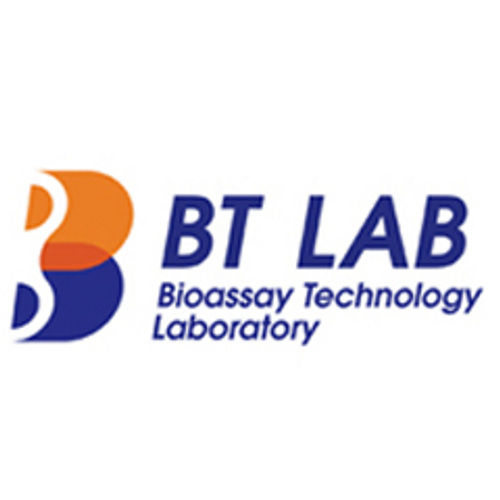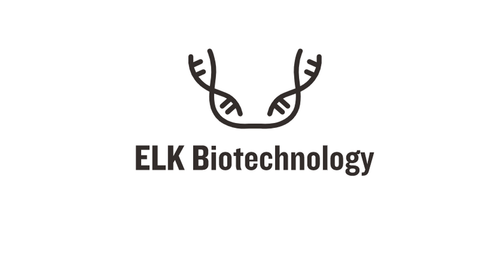Product Description
Human Mothers against decapentaplegic homolog 4 (SMAD4) ELISA Kit | AE18174HU | Abebio
Species Reactivity: Human (Homo sapiens)
Abbreviation: SMAD4
Alternative Name: DPC4; JIP; MADH4; MAD; mothers against decapentaplegic homolog 4|OTTHUMP00000163548|SMAD; mothers against DPP homolog 4|deleted in pancreatic carcinoma locus 4|mothers against decapentaplegic homolo
Application: ELISA
Range: 0.312-20 ng/mL
Sensitivity: 0.113 ng/mL
Intra-Assay: ≤4.3%
Inter-Assay: ≤7.6%
Recovery: 0, 98
Sample Type: Serum, Plasma, Other biological fluids
Detection Method: Sandwich
Analysis Method : Quantitive
Test Principale: This assay employs a two-site sandwich ELISA to quantitate SMAD4 in samples. An antibody specific for SMAD4 has been pre-coated onto a microplate. Standards and samples are pipetted into the wells and anySMAD4 present is bound by the immobilized antibody. After removing any unbound substances, a biotin-conjugated antibody specific for SMAD4 is added to the wells. After washing, Streptavidin conjugated Horseradish Peroxidase (HRP) is added to the wells. Following a wash to remove any unbound avidin-enzyme reagent, a substrate solution is added to the wells and color develops in proportion to the amount of SMAD4 bound in the initial step. The color development is stopped and the intensity of the color is measured.
Product Overview: SMAD4 is a 552 amino acid protein involved in cell signaling. It belongs to the Darfwin family of proteins which modulate members of the TGF beta protein superfamily. It binds receptor regulated SMADs such as SMAD1 or SMAD2 and forms a complex that binds to DNA and serves as a transcription factor. It is the only known mammalian coSMAD. It is a homolog of the Drosophila protein: "Mothers against decapentaplegic". The SMAD proteins are homologs of both the drosophila protein, mothers against decapentaplegic (MAD) and the C. elegans protein SMA. The name is a combination of the two. During Drosophila research, it was found that a mutation in the gene, MAD, in the mother, repressed the gene, decapentaplegic, in the embryo.
Stability: The stability of ELISA kit is determined by the loss rate of activity. The loss rate of this kit is less than 5% within the expiration date under appropriate storage condition. The loss rate was determined by accelerated thermal degradation test. Keep the kit at 37°C for 4 and 7 days, and compare O.D.values of the kit kept at 37°C with that of at recommended temperature. (referring from China Biological Products Standard, which was calculated by the Arrhenius equation. For ELISA kit, 4 days storage at 37°C can be considered as 6 months at 2 - 8°C, which means 7 days at 37°C equaling 12 months at 2 - 8°C) .
 Euro
Euro
 USD
USD
 British Pound
British Pound
 NULL
NULL












